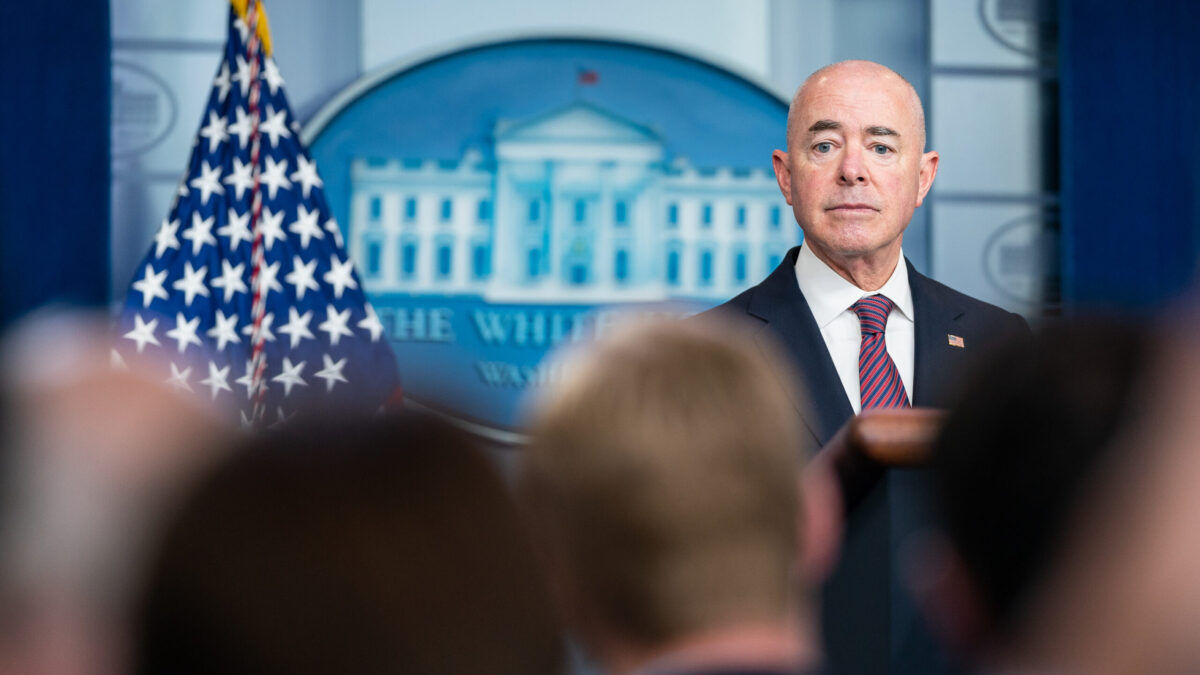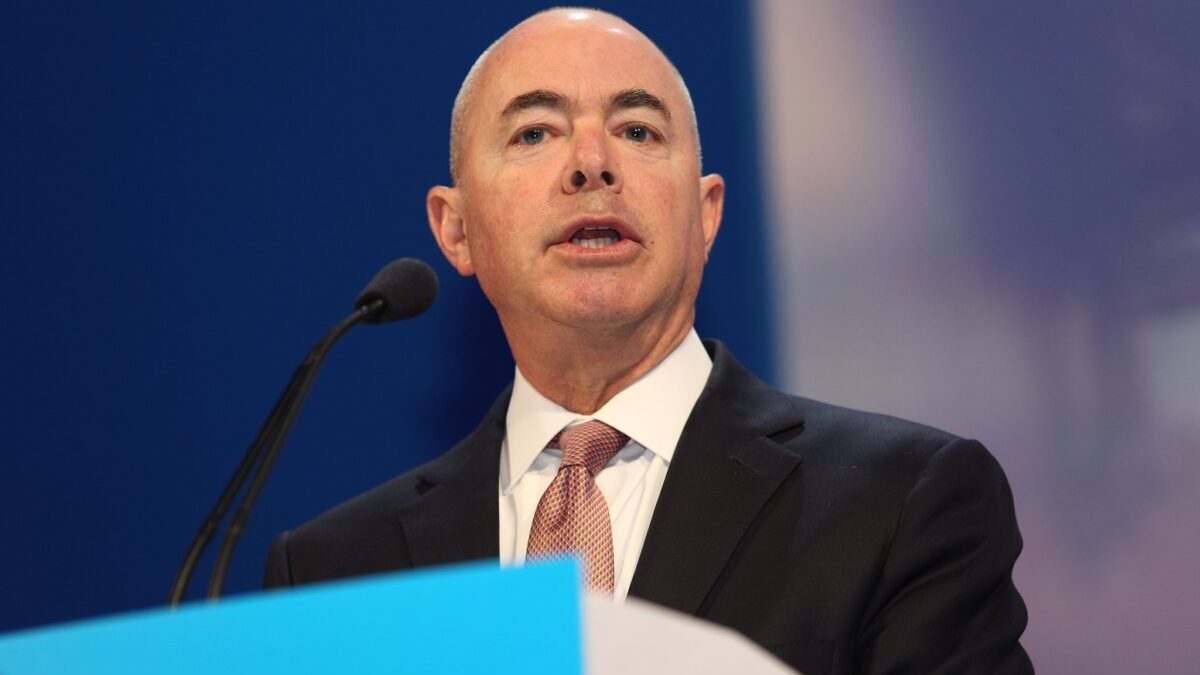
For the first 187 years of American history, exactly one president, Andrew Johnson in the 1860s, faced impeachment. In the last 45 years, three presidents have: Richard Nixon, Bill Clinton, and now Donald Trump. Put another way, only one of the first 36 presidents had impeachment brought against him, but three of the last nine have. What has traditionally been an extreme and extremely rare tool for emergencies has turned into a process one out of every three chief executives has faced.
This is a wildly dangerous trajectory for the country. Since the founding of America, no other nation on earth has had such a successful record of transferring executive power through free and fair elections. With the exception of Nixon’s resignation, the only other exceptions occurred when presidents died in office. The normalization of impeachment threatens that record by making the process an extra electoral means of choosing the president.
There is no reason to anticipate that this recent spate of impeachments will tail off anytime soon. This is true because not only has the frequency of impeachment quickened, the standard for impeachment has been eroded. This arguably began with the Clinton impeachment, which although it was somewhat bipartisan and there was an actual crime of perjury, was rooted in a private sex act that few thought warranted the overturning of an election result.
In the Trump impeachment, the bar got even lower: Not only was the vote to impeach entirely partisan, even after Democrats said that would not be legitimate, it also did not claim any specific crime, instead choosing vague charges of abuse of power and obstruction. This leaves the door wide open for a future House of Representatives controlled by the opposite party to the president to pursue impeachment for almost anything.
To make matters worse, history shows us that the first midterm after being elected tends to go badly for sitting presidents. Whether it was Barack Obama’s 2010 “shellacking” or the blue wave of 2018, we saw the pendulum swing back to the party out of power. This means it is very likely that the conditions needed for impeachment will occur again and again.
This troubling trend showcases the dysfunction of our federal government in recent decades. Consider that from 1787 to 1992 the Constitution was amended 27 times, or roughly every seven years. Since 1992 there have been no successful amendments. For most of American history, Congress was able to conduct its positive duty of amendment often, but almost never its most negative one, impeachment. Now the exact opposite is true.
Also, while the two-thirds majority needed in the Senate to remove a president is still a very high bar, impeachment itself, as in the action taken by the House, has lost historical significance. Democrats gravely state that Trump is impeached “forever,” but so what? So is Clinton. News outlets remind us constantly that we are watching history unfold. When actual moments of great historical importance occur, people don’t need to be told how special they are. This is now the third impeachment of my lifetime, and I have no reason not to expect more.
The normalization of impeachment is corroding not only how we govern ourselves, but how we treat those with whom we disagree politically. It is no longer sufficient to lose an election and work with the other side while trying to wrest back power. Now we must call the other side illegitimate, now we reach for what was once the rarest remedy in the toolkit as if it is an Allen wrench and the government a cheap piece of Ikea furniture.
The best possible outcome for this impeachment is that Trump is quickly acquitted and Democrats pay a political price for it. That may well happen. After all, Clinton saw a spike in popularity after his impeachment. But even a stern rebuke by the voters may not be enough to stem this modern passion to impeach. As party bases take more power from the cooler, calmer establishment types on both sides, angry calls for impeachment are likely to become more, not less, likely.
The United States is a republic, not a democracy, but democratic and electoral principles and processes are the foundation of that republic. Are we to become a nation that chooses its leaders through partisan trials instead of elections? It is hard to imagine a future that takes us farther away from the goals of the founders.









